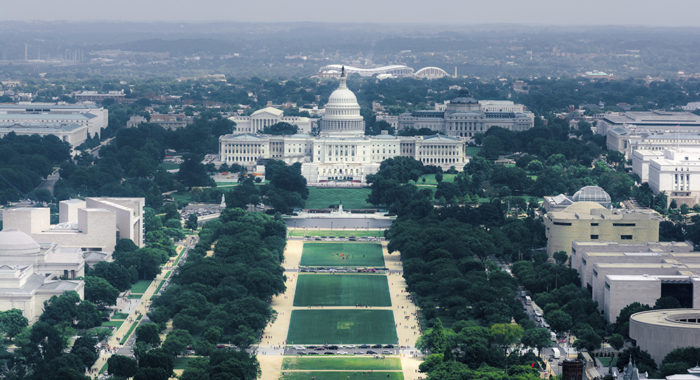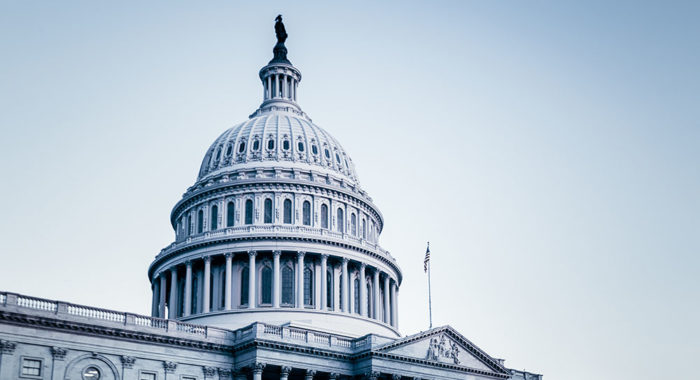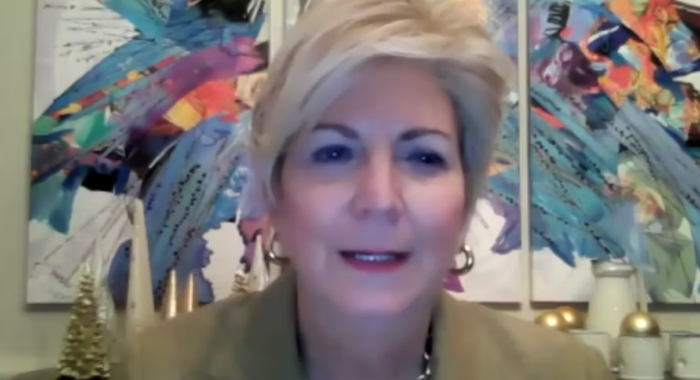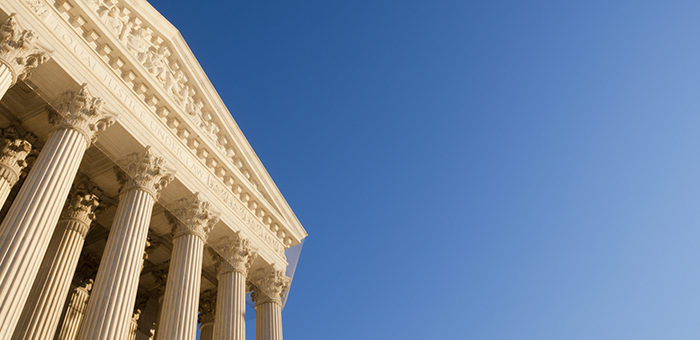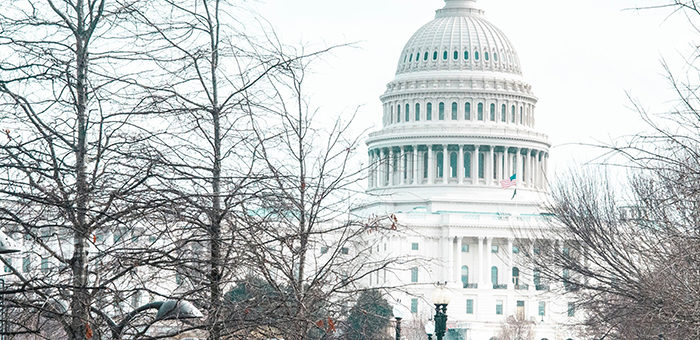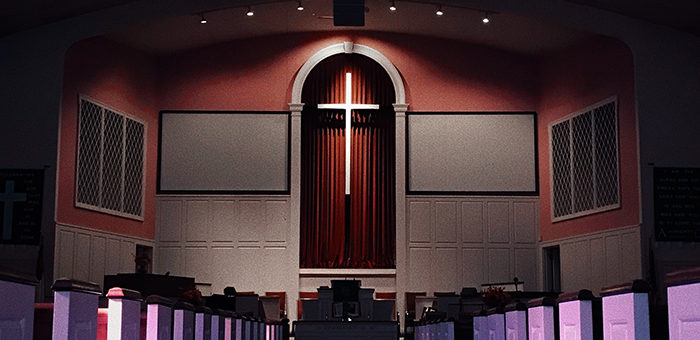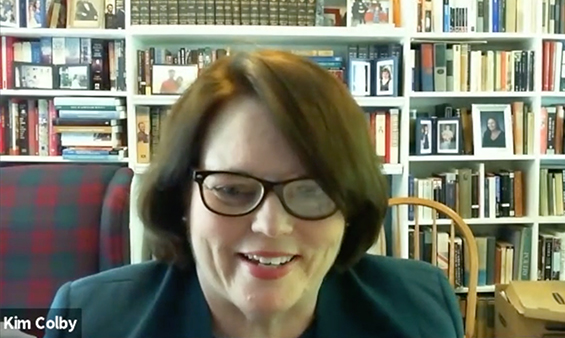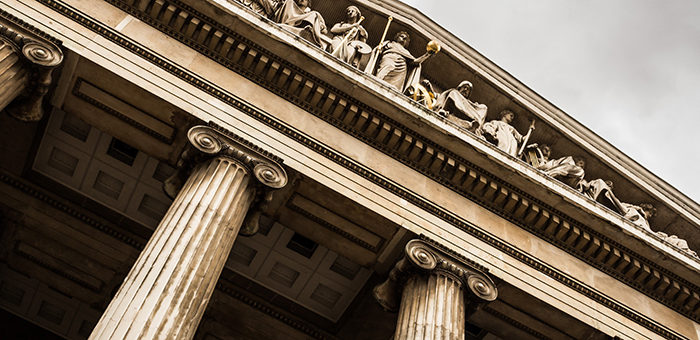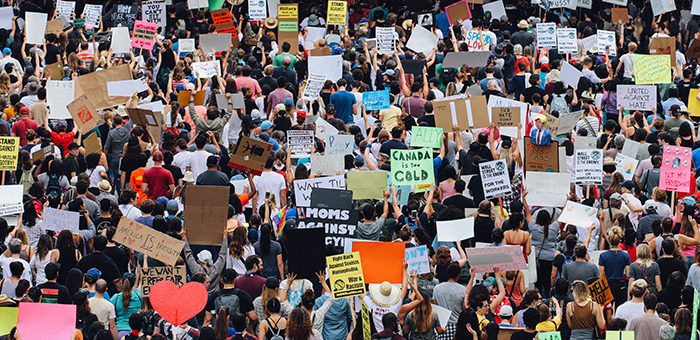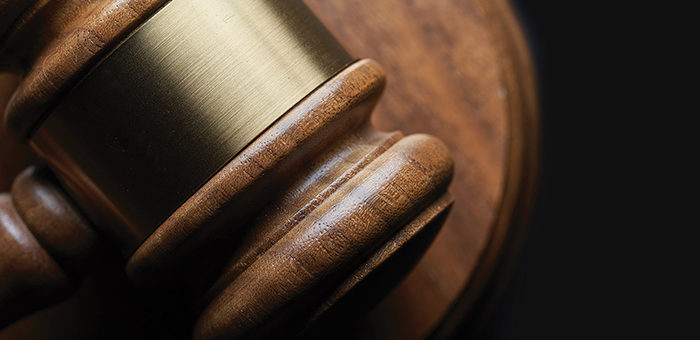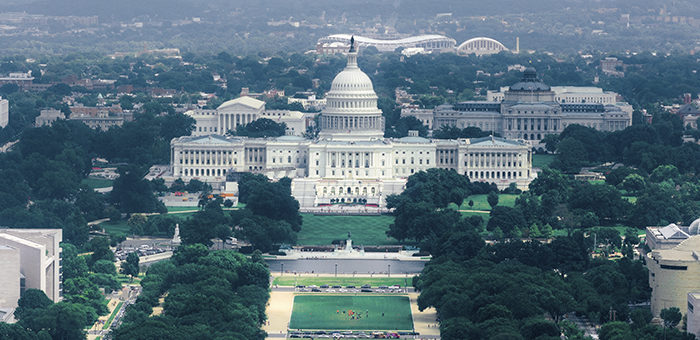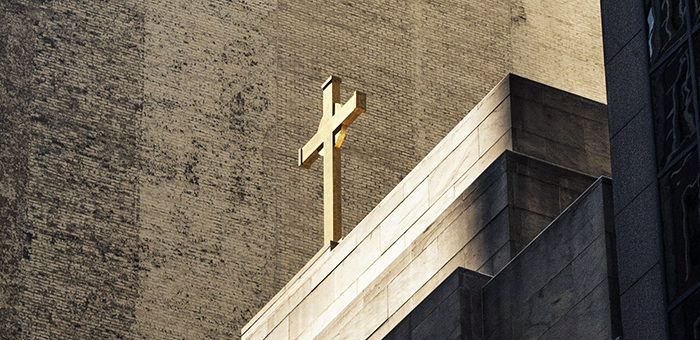How safe is religious freedom in the United States? Upcoming cases in the Supreme Court and lower courts could have a significant impact on our religious freedom. Today’s Conversation with Leith Anderson and Thomas Berg gives an overview of religious freedom, including what is protected in U.S. law, and what is not.
Based out of the University of St. Thomas School of Law, Tom’s work has been cited several times by the U.S. Supreme Court and federal courts of appeals. In this podcast, you’ll hear from a leading legal scholar on:
- The most concerning current religious freedom issues in the United States;
- Whether sexual orientation should be considered the same as racial discrimination in civil rights legislation;
- His take on the newest Supreme Court justice, Neil Gorsuch; and
- What average Americans can do to protect religious freedom in the United States.
Read a Portion of the Transcript
Leith: How do you define religious freedom?
Tom: I define religious freedom as the ability of people of all faiths to live consistently with their faith — their deepest beliefs — presumptively free from government penalty for doing so. Let me unpack that with three quick points.
First, religious freedom means the right not just to believe but to act according to one’s beliefs — not just in the church, not just in the house of worship, but in all aspects of life, in charitable work, in your daily life. So that’s first. Second, it has to be guaranteed for all faiths. If it’s guaranteed only for some, then it’s not really religious freedom, but rather it’s a sort of policy means of advancing those faiths as against others, which is a different thing from religious freedom. Finally third, religious freedom should be broad, but it’s not absolute. There are boundaries on it set by the necessities of society and the rights of others. So, that’s how I define it.
Share the Love
If you enjoyed the program, please rate it on iTunes and write a brief review. That will help get the word out and raise the visibility of the show.
Thomas C. Berg is the James L. Oberstar Professor of Law and Public Policy at the University of St. Thomas School of Law and among the nation’s leading scholars of law and religion. He has written numerous chapters, journal articles, op-eds and other articles on religion, constitutional law, politics and society. He has authored and supervised briefs in many religious liberty cases, and his work has been cited several times by the U.S. Supreme Court and federal courts of appeals. Previously, Berg clerked in the U.S. Court of Appeals for the Fifth Circuit and practiced law in Chicago. He holds degrees from Northwestern University, Oxford University, and the University of Chicago.
Leith Anderson is president emeritus of the National Association of Evangelicals and pastor emeritus of Wooddale Church in Eden Prairie, Minnesota. He served as NAE president from 2007–2019, after twice serving as interim president. He served as senior pastor of Wooddale Church for 35 years before retiring in 2011. He has been published in many periodicals and has written over 20 books. Anderson has a Doctor of Ministry degree from Fuller Theological Seminary, and is a graduate of Moody Bible Institute, Bradley University and Denver Seminary.




 View All Podcasts
View All Podcasts 






